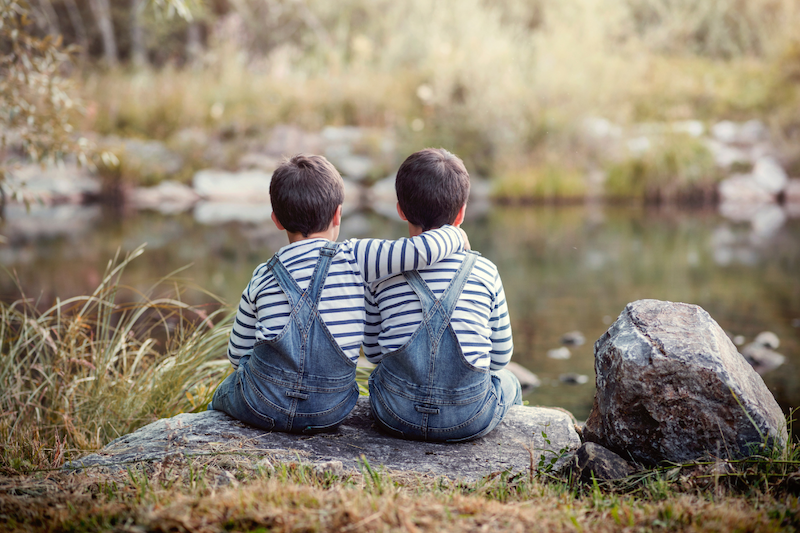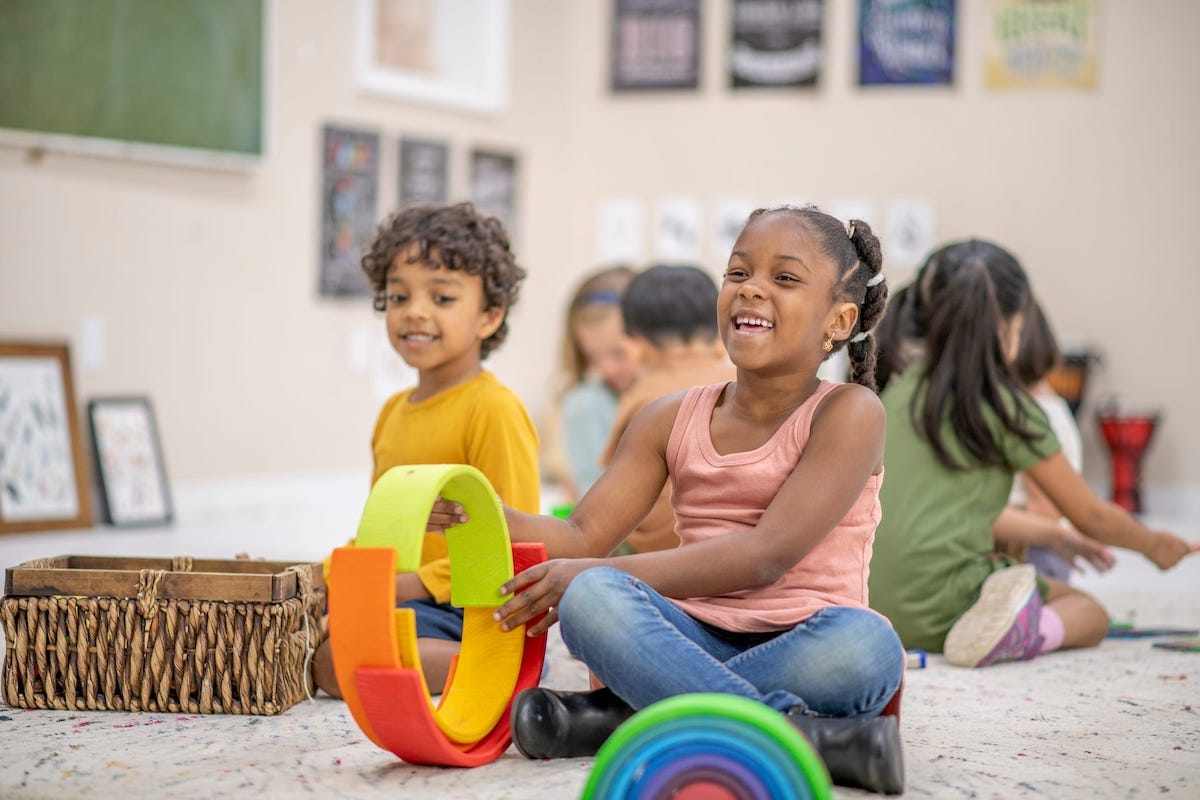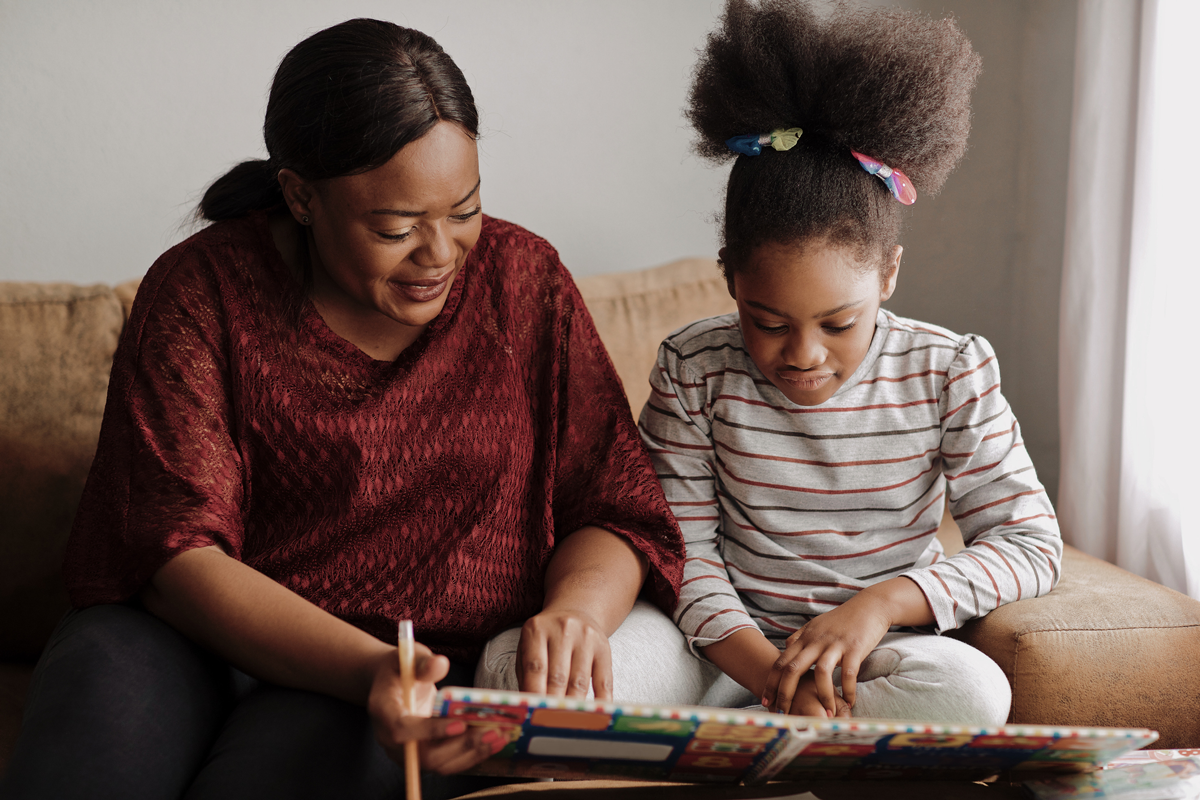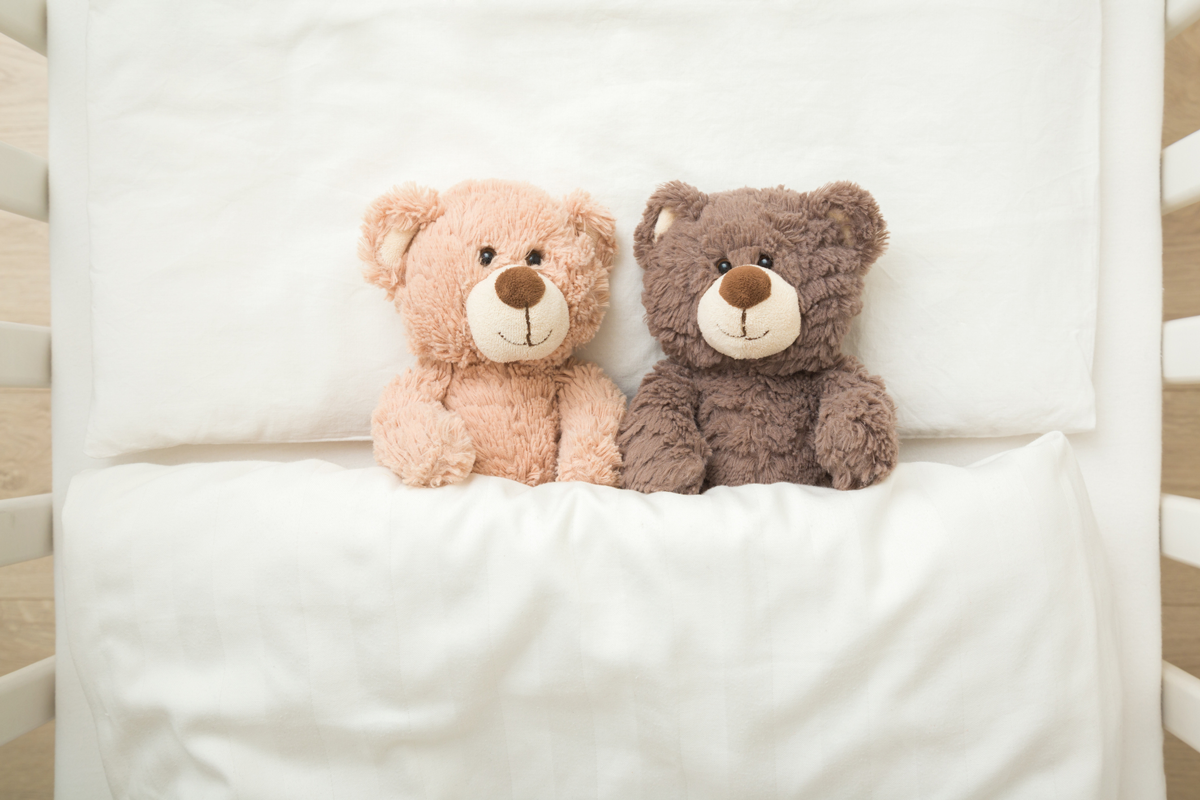My identical twin girls will be starting kindergarten in the fall. I’m having a lot of anxiety about the big question — whether to separate them or not. Is there research on this? At preschool, they have separate friends, but they also play together. The preschool teacher thinks they would grow more if they were separated, but it’s hard for me to picture them not having each other for support when they need it. They love each other so much. What do I do?
—Anonymous
There is no large-scale systematic data on the appropriate thing to do here, which is not for lack of some study. A 1966 book started this up, studying 90 twin pairs and arguing that stuttering was less common when kids were separated than when they were in the same class. But subsequent work didn’t conclusively demonstrate any advantages and sometimes showed disadvantages, especially in behavior and anxiety.

A 2018 paper focused only on the academic implications, using twin pairs from Canada and the U.K. at the ages of 12 and 16. In that case, the researchers found no sizable effects on academic achievement in any direction. It didn’t seem to matter if the twins were in the classroom together or separate.
Your question is less about academics and more about socioemotional development. For that, there is a very comprehensive 2014 review of this literature, which also presents information from interviews with school administrators and parents and twins about their approaches to the issue. This paper is really worth reading if you’re struggling with this question, because it surfaces a lot of feelings from twins themselves, both early and later in life.
Most striking, I thought, was the data in the graph below, which represents the response of principals, teachers, parents, and young twins (ages 3 to 5) to the question of whether twins should generally be separated in kindergarten. Over 80% of young twins themselves say they would not like to be separated from their twin. But over 70% of the principals surveyed say they favor this separation (often over the objections of parents).
What comes out strongly in the interviews reported in this paper is that there is variation in how older twins experienced this separation from their twin. In some cases, even decades later, they recall it as traumatic. In others, they report it was helpful in differentiating.
How might this be helpful for you?
First, it’s worth being clear that there is no compelling data either way. I sometimes say that data is not bossy, and this is a case where it’s neither bossy nor especially useful.
Second, the survey suggests that schools tend to be more gung ho about twin separation than families or twins themselves, which may help explain the difference between your reaction and the teacher’s.
Finally, the interviews with kids in this study make clear that the experience of separation depends tremendously on the twins themselves. I’m reluctant to take the word of 4-year-olds too seriously, but it does feel like there is an opportunity here to talk to them about it and see what you think as a family.
Community Guidelines



















Log in